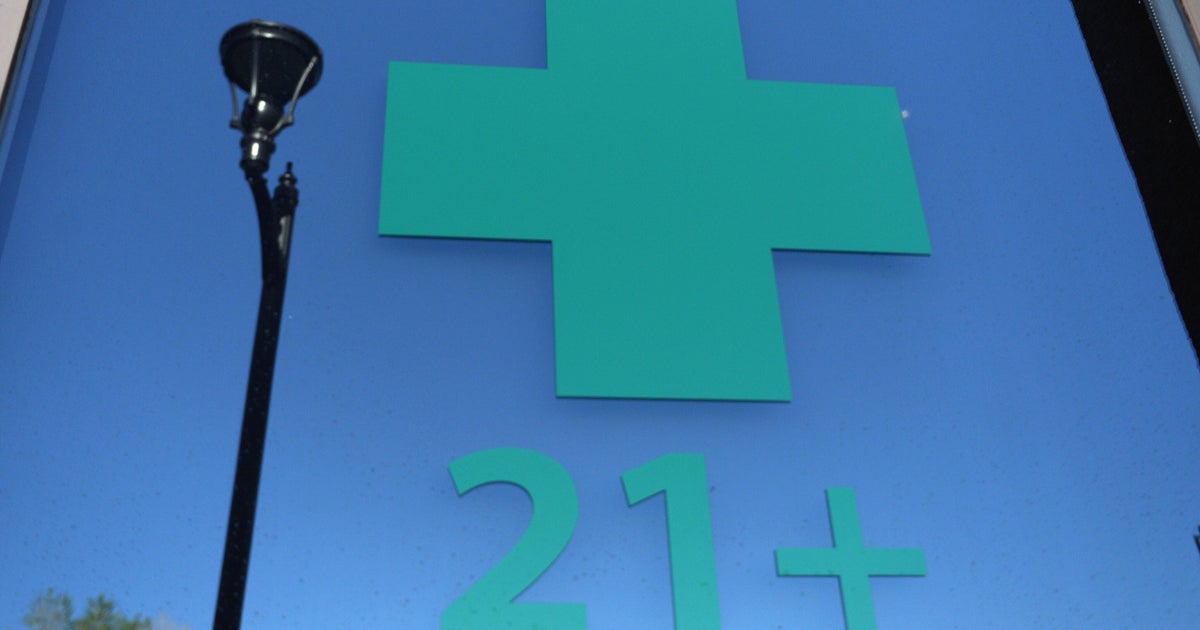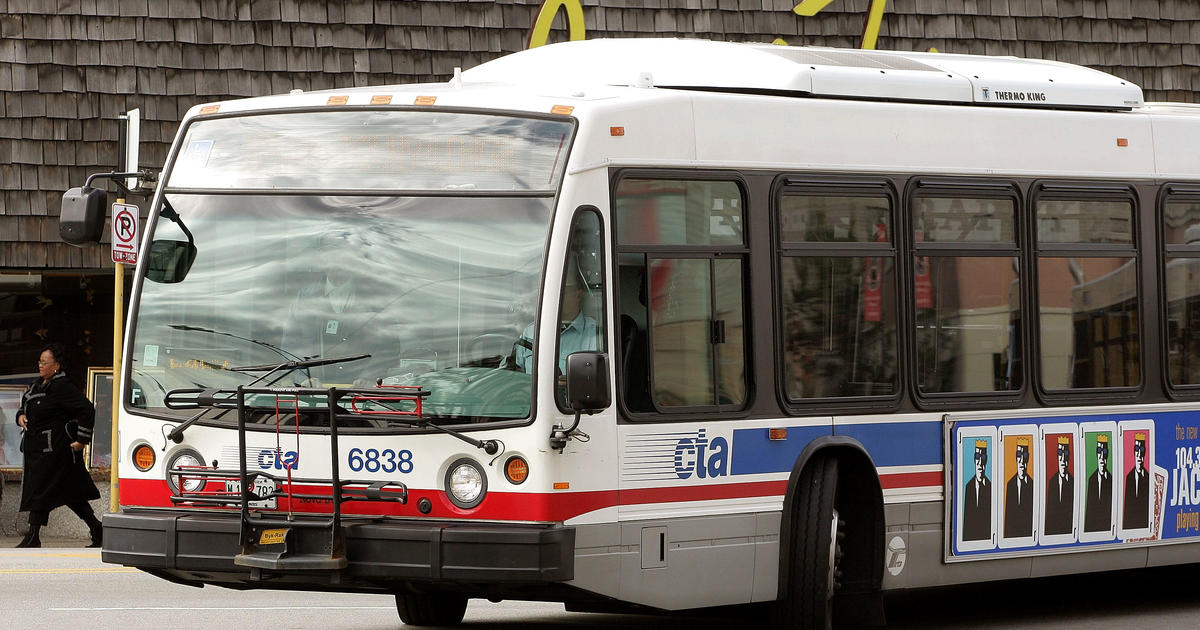Romaine Lettuce Implicated Again In New E. Coli Outbreak
CHICAGO (CBS) -- Officials this week issued a warning that romaine lettuce from Salinas, California is to blame for an E. coli outbreak.
The Food and Drug Administration, the Centers for Disease Control and Prevention, and state health authorities are investigating an outbreak of E. coli O157:H7 that has been traced back to romaine harvested from Salinas.
Romaine lettuce may be labeled with a harvest region voluntarily. The FDA warned that if the voluntary label reads "Salinas" – whether alone or with the name of another location in addition – you mustn't eat it. It must be thrown away or returned to the store.
If the romaine does not have any information at all about harvest region or does not indicate that it was grown indoors – that is, hydroponically or in a greenhouse – it should also either be returned or thrown away.
Anyone who is served romaine lettuce in a restaurant or salad bar should also ask if it comes from Salinas. If the answer is yes, or if the restaurant staff do not know, customers should not eat the lettuce.
Restaurants, retailers, suppliers, and distributors are also advised to avoid selling or shipping romaine lettuce from Salinas, California.
In this latest outbreak, as of Thursday, 40 people had been sick with E. coli in 16 states. The patients reported their illnesses started on dates ranging from Sept. 24 to Nov. 10.
The Maryland Department of Health identified E. coli O157:H7 in an unopened package of Ready Pac Bistro Chicken Caesar Salad collected from an ill person's home, the FDA said. The U.S. Department of Agriculture earlier this week issued a recall for several packaged salad products under various product names due to concerns about E. coli.
For a full list of those recalled products, click here.
Romaine lettuce was also blamed for an E. coli outbreak around this time last year, leaving nearly five dozen people sick across the country. It reached the point where the FDA issued a blanket warning that nobody should eat romaine lettuce at all.
Most people infected with E. coli O157:H7 develop diarrhea that is often bloody. Some illnesses last longer and can be severe – and kidney failure can occur in rare cases.







